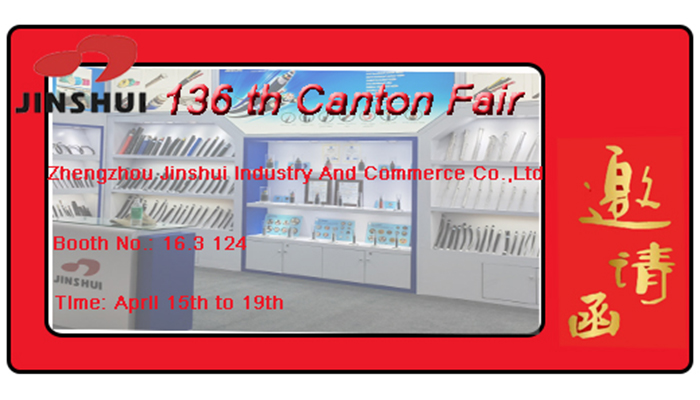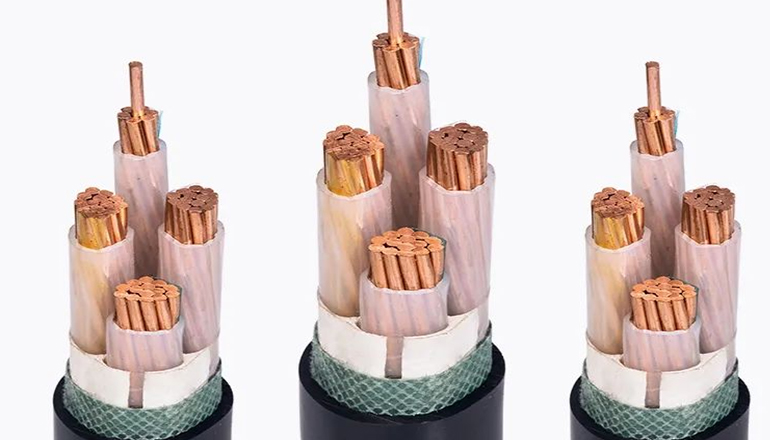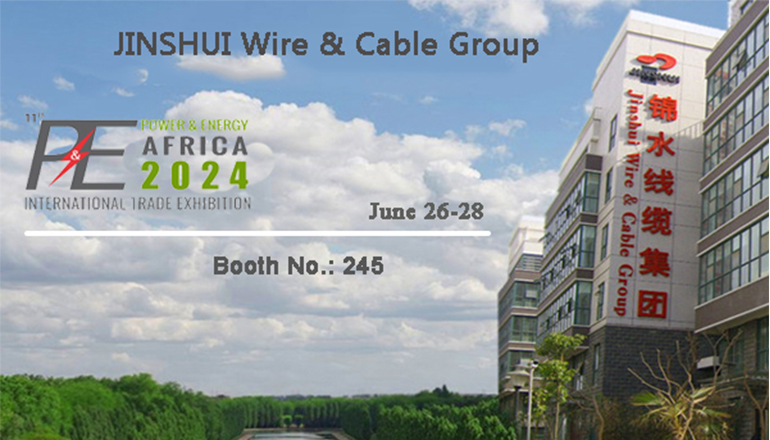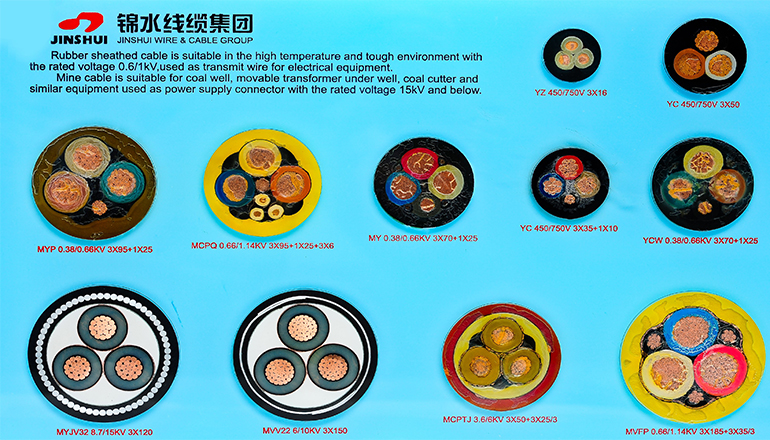- Offices Time:24 Hours Online
- Email:[email protected]
- WhatsApp:+8618339938759
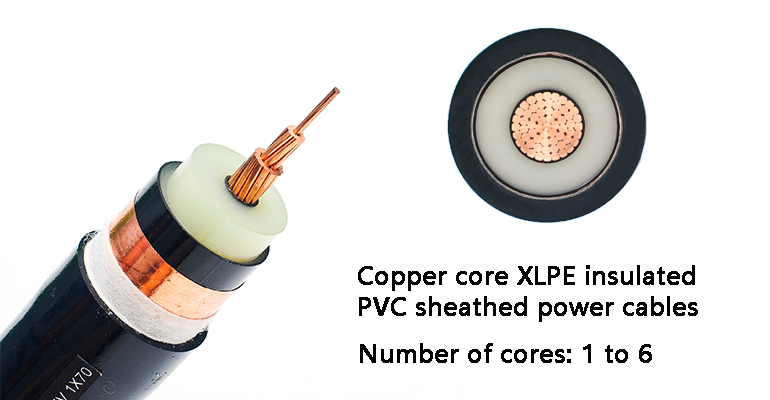
Posted on January 4, 2023
What is YJV cable?
YJV cable is a kind of power cable. Its insulating material is cross-linked polyethylene, which has the advantages of environmental protection and heat resistance. At the same time, the cable has excellent mechanical properties, excellent electrical properties and chemical corrosion resistance, simple structure and light weight. , not subject to laying restrictions. YJV cables are widely used in urban power grids, factories and other places.
Product Parameters
1.The ambient temperature during laying is not lower than 0°C, and the bending radius of the cable is not less than 12 times the outer diameter of the cable.
2.The long-term maximum working temperature of the cable conductor shall not exceed 90°C.
3.When short-circuited (the longest duration is not more than 5s), the maximum temperature of the cable conductor does not exceed 250°C.
Product Structure
YJV cables are classified into core, conductor insulation layer, filling layer, shielding layer, steel tape armor and sheath layer from inside to outside. The conductor core is mainly copper core, the application of aluminum core is less, the conductor insulation layer is PVC insulation, and the filling layer is used to fill the gap between the cores and protect the core at the same time. Softer nylon-like material. Generally, power cables of 15KV and above generally have a conductor shielding layer and an insulating shielding layer. Steel tape armoring is a layer of steel protective layer wrapped around the wire core to prevent the cable from being squeezed and deformed. Armored YJV Cables are mostly used for underground burial. The sheath layer is the outermost layer of the YJV cable, made of polyethylene, which plays the role of insulation and protection.

Product Advantages
1.The identification marks of insulated wire cores are distinguished by color separation tape or masterbatch color separation.
2.The multi-core cable adopts a compact fan-shaped design, with stable structure, light weight and small outer diameter.
3.It has excellent electrical properties and high breakdown electric field strength.
4.The dielectric loss tangent is small and the insulation resistance is high.
5.It has high heat resistance and aging resistance, allowing high working temperature and large carrying capacity.
6.The cable can withstand large mechanical external force and tensile force, and the laying and maintenance are simple.
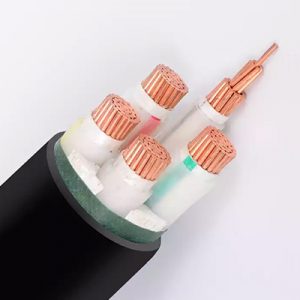
Applications
YJV cable is mainly a cable used to transmit and distribute electromagnetic energy. It is most commonly found in the underground power grids of big cities, the lead-out routes of power plants, the internal power supply systems of factories and mines, and the underwater power lines crossing rivers and seas. Power cables are cable products used to transmit and distribute high-power electromagnetic energy in the main pole route of the power supply system, including various rated voltages of 1-500KV and above, and various insulation layers Power engineering cables. Our company Guangdong Nanlan Cable concentrates on the field of cables, and specializes in product development and production of YJV power engineering cables.
Advantages And Disadvantages Of The Product
YJV cables not only have excellent mechanical properties and thermal properties, but also have excellent electrical properties and corrosion resistance. The internal structure is simple and its own light weight is convenient, and it is also its advantage that it is not restricted by the drop when laying. These advantages make YJV cables widely used in urban power grid equipment and many factories. It is worth mentioning that the good electrical performance of the YJV cable is mainly maintained by the insulation of the cable – cross-linked polyethylene is to use chemical and physical methods to convert the polyethylene with a linear molecular structure into a three-dimensional network structure of cross-linked polyethylene. supported.
Of course, YJV cables also have their disadvantages. The maximum rated operating temperature of the conductor XLPE insulation in the cable is 90 degrees Celsius, which is much higher than that of other PVC insulated and polyethylene insulated cables. The cable conductor The carrying capacity still needs to be improved.
Post categories
Most Popular Posts
-
The 136th Canton Fair welcomes you to participate!
October 12, 2024 -
High temperature cable introduction
July 26, 2024 -
Kenya Power and Energy Exhibition 2024
June 11, 2024 -
Introduction of rubber sheathed cable
June 5, 2024


